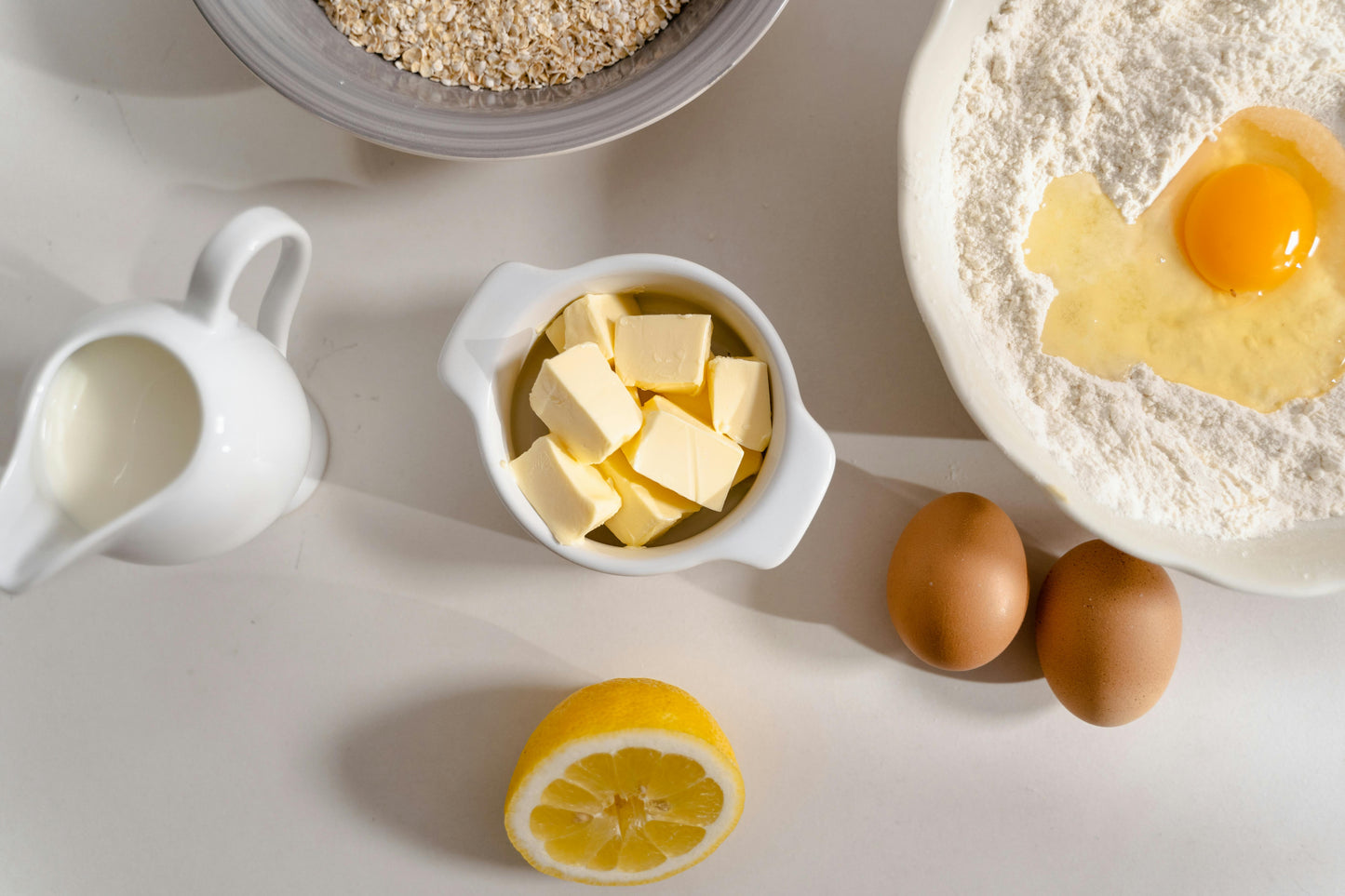
Gynecomastia, often referred to as "man boobs," is caused by an imbalance between estrogen and testosterone levels in the body. While hormonal fluctuations can occur for various reasons, diet plays a significant role in maintaining hormonal balance.
Some foods contain compounds that may promote estrogen production or interfere with testosterone, potentially contributing to the development of gynecomastia.
This guide will explore the link between diet and gynecomastia, identifying foods that may contribute to the condition and offering diet tips for maintaining hormonal balance.
Foods That May Cause Man Boobs
While no single food directly causes gynecomastia, certain foods contain phytoestrogens, endocrine disruptors, or unhealthy fats that may contribute to hormonal imbalances.
Below are some food groups that have been linked to increased estrogen levels or reduced testosterone production.
Soy-Based Products
Soy contains phytoestrogens called isoflavones, such as genistein and daidzein, which have weak estrogenic effects. However, the effect of soy on the body can vary based on individual hormone levels. Moderate soy consumption, like tofu or soy milk, is generally safe and does not negatively impact hormonal balance.
Only excessive consumption may lead to noticeable estrogenic activity in some sensitive individuals. For more information on this, Harvard Health provides a comprehensive overview of soy and its hormonal effects.
Dairy Products
Dairy products naturally contain small amounts of hormones, including estrogen, due to lactation in cows. According to research published in the Journal of Dairy Research, the levels of estrogen in commercially available dairy products are generally low, and their direct impact on human hormone levels is still debated.
However, consuming very high quantities of dairy might slightly influence hormone balance, making moderation advisable for individuals concerned about gynecomastia.
Hoppy Beers and Alcohol
Hops, a primary ingredient in beer, contain potent phytoestrogens known as 8-prenylnaringenin. Research suggests that these phytoestrogens may significantly impact estrogenic activity when consumed regularly or excessively.
Additionally, heavy alcohol intake may impair liver function, hindering the body's ability to efficiently metabolise estrogen, potentially leading to hormonal imbalances and contributing to conditions such as gynecomastia. Moderation or reducing consumption of hoppy beers can help minimize these risks.
Excessive alcohol consumption can also negatively impact liver function, reducing the body's ability to metabolise estrogen efficiently, leading to hormonal imbalances.
Processed and Fried Foods
Highly processed foods and fried foods often contain trans fats and unhealthy additives that may disrupt endocrine function. Diets high in unhealthy fats have been associated with reduced testosterone levels, which may contribute to gynecomastia over time.
Flaxseeds and Certain Nuts
Flaxseeds contain significantly higher amounts of phytoestrogens compared to soy products. While they offer numerous health benefits, individuals concerned about estrogenic effects may want to moderate their flaxseed intake.
Some nuts, such as almonds and cashews, also contain phytoestrogens, but in smaller amounts.
Plastic-Packaged and Canned Foods
Many plastics and canned food linings contain chemicals like bisphenol A (BPA), known endocrine disruptors that can mimic estrogen in the body.
According to BreastCancer.org, exposure to these chemicals can potentially disrupt hormone balance and elevate estrogenic activity. To reduce exposure, limit consumption of foods packaged in plastic containers or BPA-lined cans, especially if concerned about gynecomastia.
How to Balance Your Diet to Reduce the Risk of Gynecomastia
While avoiding certain foods may help reduce estrogenic effects, incorporating testosterone-supporting foods can also be beneficial. Consider including the following in your diet:
- Cruciferous vegetables such as broccoli, kale, and brussels sprouts, which help metabolise excess estrogen
- Lean protein sources like chicken, turkey, and fish to support testosterone production
- Healthy fats from sources such as avocados, olive oil, and nuts (excluding high-phytoestrogen nuts)
- Green tea, which contains antioxidants that may aid in hormone balance
- Whole grains and fibre-rich foods to support digestion and detoxification of excess estrogen
Can Diet Alone Get Rid of Gynecomastia?
While diet plays a role in managing hormone levels, it may not be enough to eliminate gynecomastia completely, especially in cases where glandular tissue is involved. A combination of proper nutrition, targeted exercise, and, in some cases, gynecomastia surgery is often required.
For an immediate solution to conceal gynecomastia, consider wearing a gynecomastia vest. Compression vests provide a discreet way to flatten the chest while working toward a long-term solution.
Conclusion
Certain foods, particularly those high in phytoestrogens and endocrine disruptors, may contribute to hormonal imbalances that could worsen gynecomastia. While avoiding these foods can help, focusing on a diet rich in testosterone-boosting and hormone-balancing nutrients is equally important.
Understanding the impact of diet on gynecomastia is just one piece of the puzzle. For additional support, explore our range of men’s shapewear designed to provide confidence and comfort.
